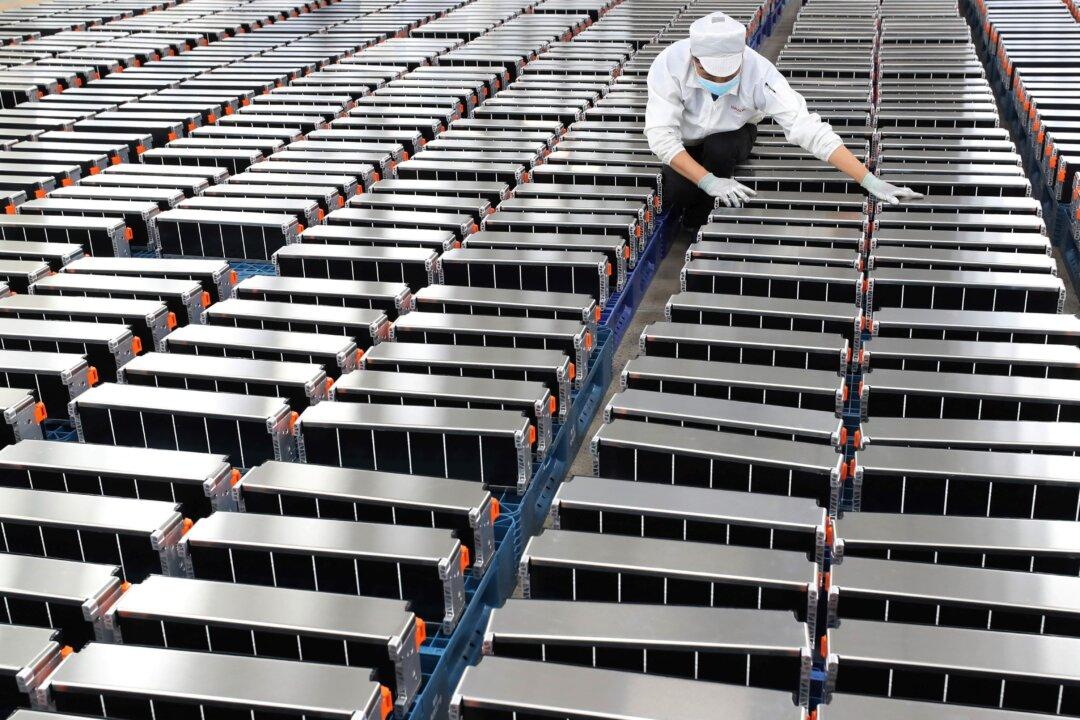A Chinese mining company is planning to construct a new lithium processing facility in Manitoba and says it is looking to allay Ottawa’s concerns with both national security and China’s dominance in the critical minerals market.
Sinomine Resource Group Co. Ltd., which owns the Tanco lithium mine in northeastern Manitoba, is planning to build a new lithium hydroxide plant in the province. The company said it will be teaming up with Korea’s LG Energy Solution Ltd. to speak with the government by the end of 2023.





